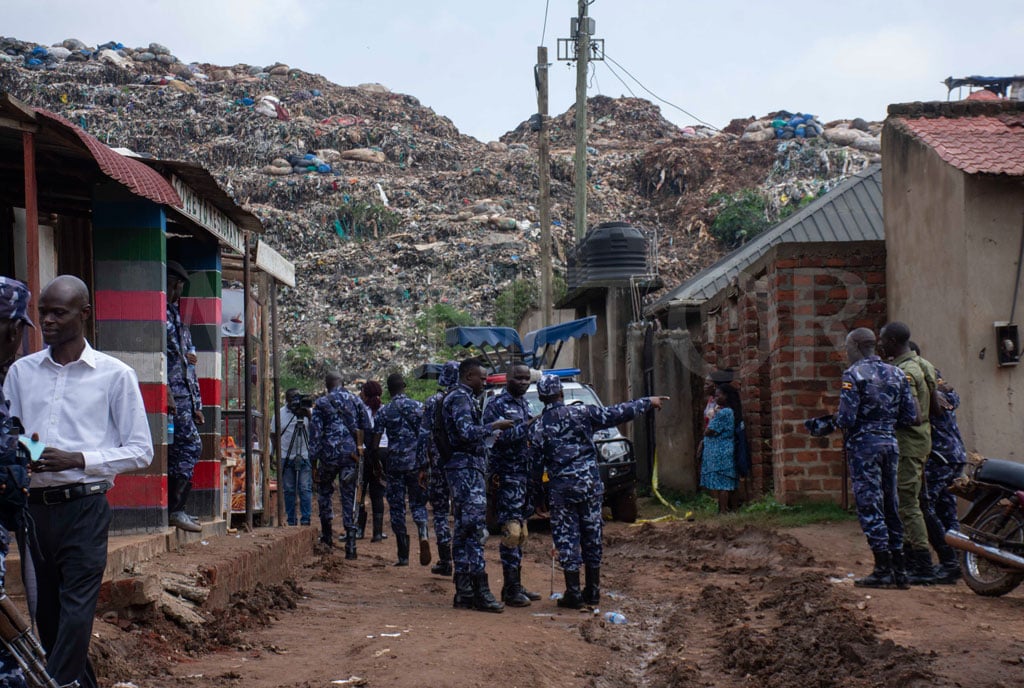Masindi pushes for anti-corruption debates in schools to counter graft

What you need to know:
- The Masindi student leaders’ council agreed to meet annually to evaluate the progress of the corruption debates and their impact on students and the community.
Local leaders and educators in Masindi District are pushing for corruption-focused debates in schools to prepare students with knowledge and skills to confront corruption in the future.
The Masindi Municipal Education Officer, Mr Godfrey Baharagate, emphasised the importance of equipping students with a solid understanding of corruption-related laws and policies.
“We must ensure that our students are well-prepared to debate these important issues, providing them access to the right information and encouraging mentorship from knowledgeable individuals,” he said.
He added that students should be trained to research current laws, public service standards, and ethical codes to deepen their understanding of governance.
“Debates should be a learning opportunity that helps students understand the laws that govern them and the ethical standards expected in public service,” Mr Baharagate said.
Mr Kyetume Kasanga, the commissioner for Information Monitoring and Secretary to the Media Council of Uganda, highlighted the importance of fostering a sense of responsibility in future leaders.
“These debates should not only be about winning arguments but also about instilling a sense of responsibility in our young people. They must understand they are future leaders, with the duty to uphold transparency and integrity,” Mr Kyetume said.
He encouraged students to familiarise themselves with Uganda’s Youth Act and the Constitution, which define their rights and obligations and urged school administrations to support students participating in government-led anti-corruption initiatives.
“There are numerous government programmes aimed at fighting corruption, and young people must get involved to contribute to these efforts in their communities,” he added.
Mr Christopher Kugonza, the coordinator of the Uganda Students Association for the western region, said early education on ethical conduct will foster a generation committed to accountability.
“We need to build a culture of accountability starting with our young people. These discussions will help students understand the devastating effects of corruption on society and equip them with tools to stand against it,” he said.
Mr Musa Manya, the former chairperson of the Masindi Students Association, pointed out that corruption impacts every sector and proposed interschool debates to encourage critical thinking and leadership.
“We need to fight corruption now so we don’t face it when we graduate and start looking for jobs. Engaging students early will better equip them to handle these challenges in the workforce,” Mr Manya said.
Similarly, Mr Laurence Byaruganda, the director of St Lawrence Primary School in Masindi, said debates on corruption would help children develop an early understanding of ethics and transparency.
Mr Adolf Kato, the assistant Masindi District education officer, noted that creating debate platforms would empower students to hold their schools and future employers accountable.
“Corruption is a national issue that we must tackle from all fronts. By engaging students in these debates, we can improve their understanding of governance and the importance of transparency. This will help them recognise unethical behaviour early and avoid corrupt practices,” Mr Kato said.
He also encouraged schools to give student leaders a more active role in advising on policies, prioritising student welfare.
The Masindi student leaders’ council agreed to meet annually to evaluate the progress of the corruption debates and their impact on students and the community. They hope these discussions will nurture students as ambassadors of integrity, promoting ethical behaviour, both in schools and beyond.



